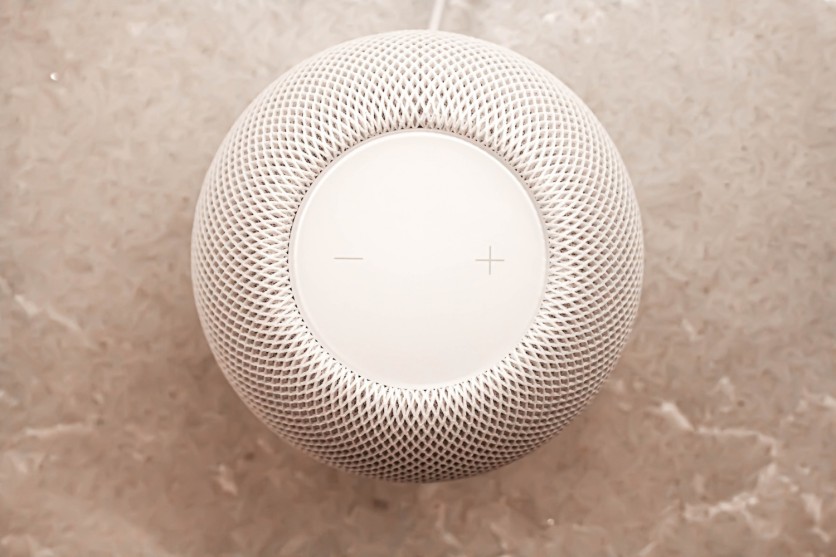Apple already discontinued the production of the HomePod in 2021, yet the Cupertino giant decided to resurrect it earlier this year.
Back in January 2023, the iPhone maker promised its users that both the HomePod and HomePod mini would receive a game-changing feature following the announcement of HomePod 2.
Now, your smart home speaker can detect the smoke alarms in your house. Once it recognizes the emergency sound, it will alert your iPhone about it.
Apple Brings Sound Recognition to HomePod

According to AppleInsider, Apple first announced the arrival of Sound Recognition to the HomePod in January. Since it's for the revised smart speaker, it's essential to know that the improved HomeKit architecture is required before you use this feature.
The re-released version of the HomeKit came with iOS 16.4 and macOS Ventura 13.3. At this point, Apple has not yet explained why Sound Recognition was inactive upon releasing the said operating systems.
The new HomePod update brings the Sound Recognition that every homeowner needs, especially when away from home.
If the smart speaker detects a smoke alarm in the house, it will notify you via a notification to your iPhone, iPad, or any Apple device.
Life-Saving Feature Inside a Smart Speaker
TechCrunch reports that the alert feature is a "nice addition" if someone does not have a connected detector. It somewhat alleviates the fear of accidents that might happen once you're away from home.
Regardless if you are a standard HomePod or HomePod mini user, you can easily access it starting this week in the Home App.
Moreover, it's ideal for linking the system to a smart camera so you can have a better view of what's going on inside your place in real time.
Apple notes that the end-to-end encryption for the feature is enabled, which means that the Sound Recognition is only happening on the HomePod device.
Aside from smoke alarms, the alarm-sending feature is also great for carbon dioxide sensors. If you have existing detectors in your house, there's no need to replace them, and the feature is intended to work once it sends an alert to the user.
According to Pocket-lint, this is not the first time a smart speaker has gotten this technology. For instance, Amazon also rolled out Alexa Guard to Echo devices almost four years ago.
"Sound Recognition should not be relied upon in circumstances where you may be harmed or injured, or in high-risk or emergency situations," Apple said.
Updating your device's software sometimes produce cons, especially if your gadget cannot keep up anymore with the update. However, with this kind of emergency case, it's vital always to turn on this feature to monitor the happening in your humble abode.





![Most Useful Google Chrome Keyboard Shortcuts You Need to Know to Improve Your Browsing Experience [2024]](https://d.techtimes.com/en/full/449047/most-useful-google-chrome-keyboard-shortcuts-you-need-know-improve-your-browsing-experience-2024.jpg?w=184&h=103&f=476d29fd60df70a67f6679f99a2ca6d0)